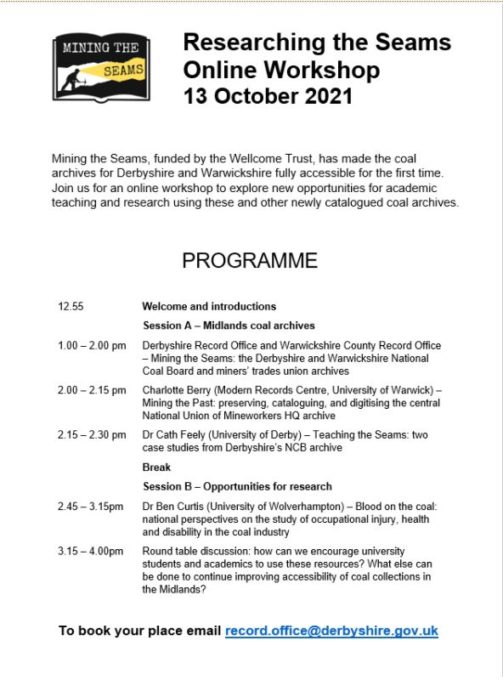Front and centre on its website is the statement that “Library and Archives Canada (LAC) is a key resource for all Canadians who wish to gain a better understanding of who they are, individually and collectively. LAC acquires, processes, preserves and provides access to our documentary heritage and serves as the continuing memory of the Government of Canada and its institutions.”
So how would you react if you heard that LAC was considering stopping all public circulation of archival materials for 2-3 years? Incredulous?
I’m hearing that, with the exception of emergencies and ATIP formal requests, this closure is under consideration.
Over many years, through moves, ice storms and floods (remember water flowing into the lower levels at 395 Wellington) LAC maintained service with the briefest of interruption. Now there are already extraordinary delays in fulfilling ATIP orders, well beyond legislated deadlines. Delays are even longer for regular requests.
If true, and you won’t yet find any hint of the development from official LAC sources, who would such cuts impact? Historians of all types, researchers and writers — professionals, academics, and students as well as individuals looking to explore their ancestry. People who make their living based on LAC resources would be cut off from their livelihood for lack of authoritative sources for books, magazines, journal articles, and media of all types as well as access to historical materials that need to be consulted for developments. Cuts would be contrary to LAC’s declared intention in its Indigenous Heritage Action Plan to improve access to Indigenous-specific records.
It’s hard to believe that such action is even being contemplated, but my sources are credible enough to warrant raising concern. If this is being considered LAC, as a key resource for all Canadians, must consult so that the full impact of such unprecedented action to deny providing access to our documentary heritage is understood by all, LAC and its clients, allowing time for appropriate response.
Stay tuned.
Update
Despite a recent comment, I can confirm through another source that the restriction is, or maybe was at this stage, being considered. I make no apology for alerting the community to this news as in government, once a decision is made it’s very difficult to reverse. Even contemplating such an action, which is bound to leak, with consequences on those for whose livelihood depends on the use of LAC resources, causes stress. Let’s hope the notion is buried as deeply as nuclear waste in the Canadian shield.



 This release adds
This release adds  If you
If you